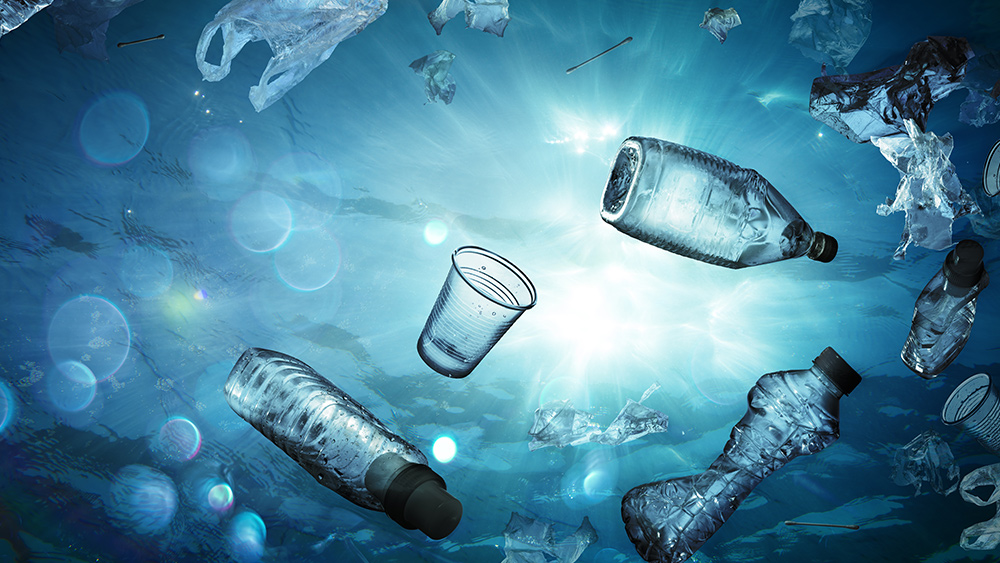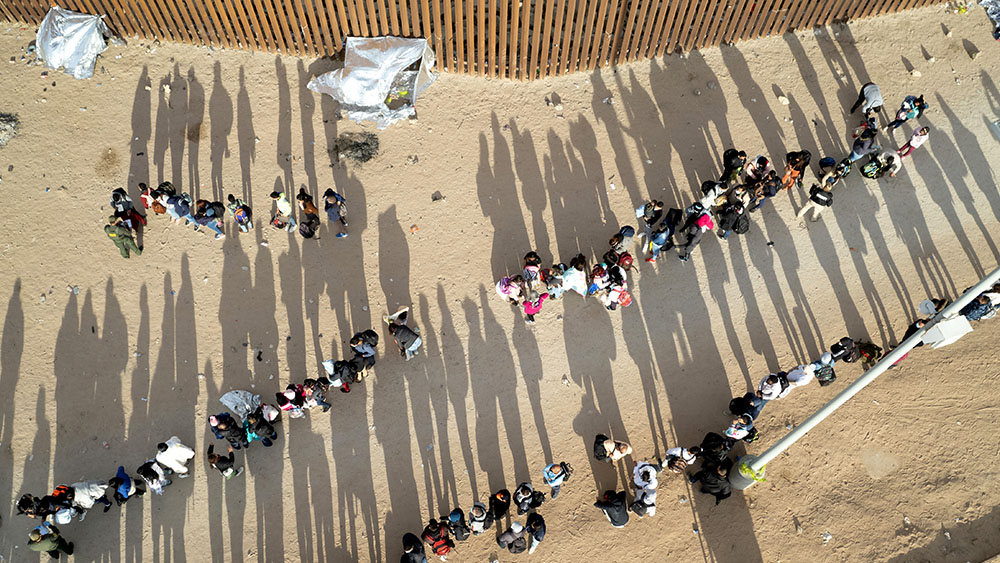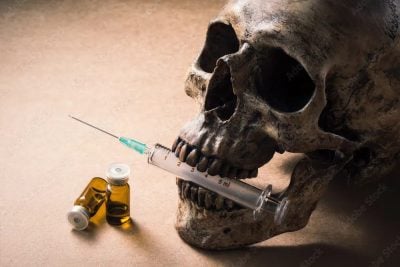Plastic bags four times better for environment than “green” paper bag alternatives, study finds

Plastic bags four times better for environment than “green” paper bag alternatives, study finds
If environmentalists were truly concerned about saving the planet from carbon dioxide (CO2) and other "greenhouse gases," they would immediately bring back plastic bags, which are now banned in many left-wing cities for being too "polluting."
New research published in the journal Environmental Science & Technology reveals that in 15 out of 16 applications of plastic covering 90 percent of global volume, non-plastic alternatives actually produced more greenhouses gases than plastic otherwise would.
"And not just more, but significantly more," writes Chris Morrison for The Daily Sceptic.
"Over their lifetime cycle, paper bag substitutes produce at least four times more GHG (greenhouse gas) emissions than their plastic counterparts. Paper bags are noted to weigh significantly more than plastic carriers leading to higher GHG emissions for production and transportation."
(Related: The same people who claim plastic bags are destroying the planet also say that humans merely breathing is ruining the environment.)
Plastic is good, actually
In the aforementioned 15 applications, which cover five key sectors of plastic -- packaging, building and construction, automobiles, textiles and consumer -- durable, plastic products released anywhere from just 10 percent to upwards of 90 percent fewer emissions across the product life cycle.
In the case of food packaging, there is simply no alternatives to plastic that even exist, let alone that work and provide any demonstrable reductions in greenhouse gas emissions.
"If carbon dioxide is your thing, and, of course, it is the crucial part of the reason for pursuing insane Net Zero policies, plastic needs to make a big comeback," Morrison says. "But of course it will not."
We are building the infrastructure of human freedom and empowering people to be informed, healthy and aware. Explore our decentralized, peer-to-peer, uncensorable Brighteon.io free speech platform here. Learn about our free, downloadable generative AI tools at Brighteon.AI. Every purchase at HealthRangerStore.com helps fund our efforts to build and share more tools for empowering humanity with knowledge and abundance.
"Despite revolutionising modern industrial life, it has the misfortune to be a hydrocarbon. Most plastics are a by-product from natural oil and gas production. Thus plastic bad, anything else good."
Ironically, many green energy alternatives to earth-based fuels are likewise worse on the environment than the things they are supposed to replace. Take wind turbines, for instance, which result in the mass slaughter of flying animals, i.e., birds, in order to protect the integrity of their operations.
How can it be considered environmentally friendly to end the lives of animals when cheap and abundant oil and gas are readily available for use without the need for loud, bulky wind turbines and solar panels that take up an inordinate amount of land area and space?
In Germany, there is even an ongoing campaign to destroy entire forests, including the ancient ones written about in the mythical Brothers Grimm fairy tales, to make room for more of these obnoxious, undependable wind farms. Again, how does destroying the natural environment in any way save the planet?
"And we must not get started on road and bridge chomping EV cars," Morrison further writes about electric vehicles.
"These are a true ecological disaster zone with a manufacturing requirement to turn over vast tracts of the Earth's crust, and a small problem of insufficient children available to mine all the required cobalt in the Congo."
Most, if not all, of the problems that exist with plastic have more to do with waste management procedures and infrastructure than with plastic itself. It turns out that it is relatively easy and inexpensive to recycle or dispose of plastic waste safely, but that would require additional investments that are simply not part of the green agenda.
"If rich countries don't want their plastic to end up in the oceans, they shouldn't send it to poor countries who, out of sight, dump it in local rivers on their behalf," Morrison maintains.
"The scientists note that better disposal of plastics is an urgent challenge given the 'threats to biodiversity and ecosystem health worldwide.'"
Many "green" concepts are far worse for than environment than the "polluting" things they replace. Find out more at GreenTyranny.news.
Sources for this article include:



